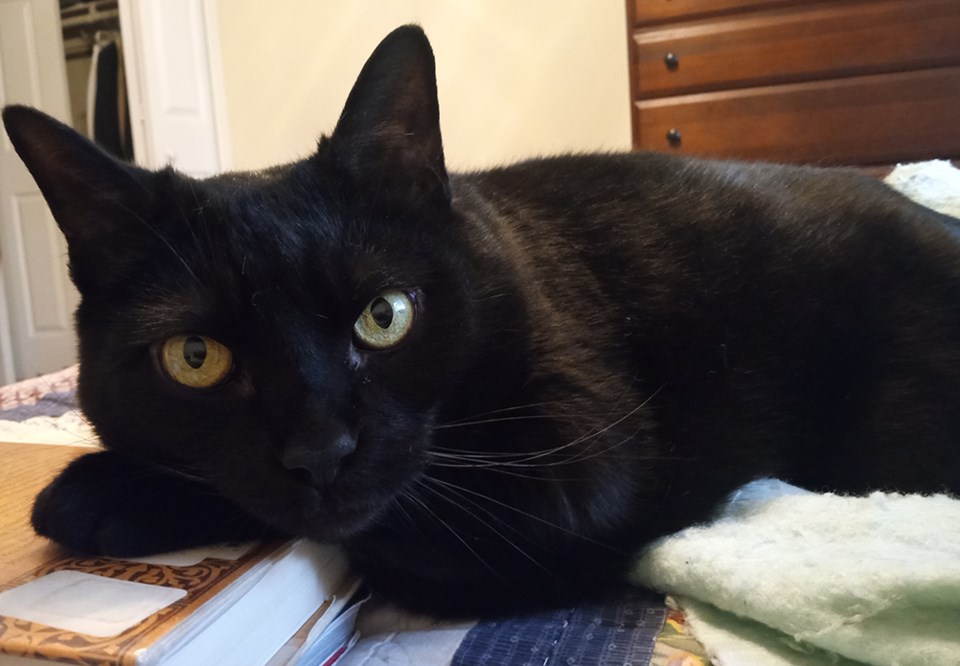It’s a well-known fact that domesticated housecats handle adversity with an easygoing and laid-back temperament.
We kid, we kid: They typically respond with unbridled rage or, just as often, plot revenge to be served up at a time and place of their choosing.
Which is why, perhaps, domestic-shorthair cats may be thinking angry thoughts about the General Assembly these days.
Legislation proposed by Del. Paul Krizek (D-Alexandria) to designate the domestic shorthair as the “official cat of Virginia” did not make it out alive when the House Committee on Rules wrapped up its work before the legislature’s crossover.
“Domestic shorthair” is shorthand for felines that have simultaneously have a coat of short fur and do not belong to a recognized cat breed. Some purebred cats also have short hair, but they are not counted as domestic shorthairs.
The measure, had it made it into law, likely would have been a political winner. According to the American Humane Association, domestic-shorthair cats represent 95 percent of the roughly 86 million household cats in the U.S.
Virginia already has an official state dog (American foxhound) and has designated a wide array of “official” this and thats – a list that ranges from official insect (Tiger swallowtail butterfly) and snake (Eastern garter snake) to bird (Northern cardinal) and fish (brook trout in freshwater, striped bass in saltwater).
Krizek’s effort on cats may have failed, but a proposal by Del. Patrick Hope (D-Arlington) to designate the honeybee as Virginia’s official state pollinator buzzed through the House of Delegates, 98-0, and then the state Senate, 39-0, before landing on the governor’s desk, where it awaits disposition.



